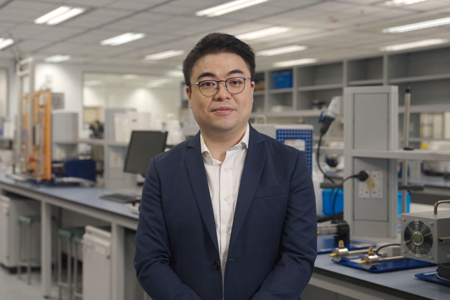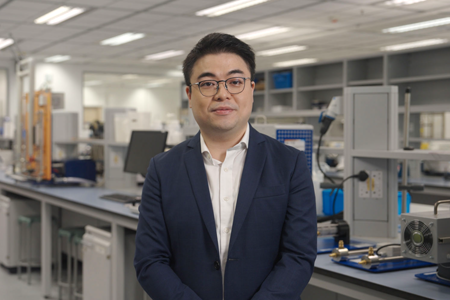
School of Engineering
BEng in Bioengineering
Students who have decided to pursue a major in Bioengineering may apply to the Department directly. After spending one to a few semesters of study in the Department, students will declare a major in Bioengineering, Chemical Engineering, or Energy and Environmental Engineering.
Students who wish to spend more time exploring various engineering disciplines before embarking on a major program can apply to "Engineering with Extended Major in Artificial Intelligence". They will be able to apply to the Department of Chemical and Biological Engineering during the Major Selection Exercise no later than the end of Year 1, and then confirm their major within the Department.
Bioengineering combines engineering and the life sciences. Bioengineers use engineering principles and the power of biology to tackle medical challenges and improve human health, as well as addressing a wide range of urgent issues, from energy shortages and environmental pollution to food and water security and population aging. The program provides foundational mathematics and science courses specially designed for bioengineers, along with two areas of specialization (data-oriented and molecular-oriented). Graduates find employment as bioengineering innovators, researchers, clinical scientists, and entrepreneurs.
Signature Courses:
- Data Science for Biology and Medicine
- Synthetic Biology and Biomolecular Engineering
- Introduction to Bioinstrumentation
- Cellular and Systems Physiology for Engineers
- Modeling for Chemical and Biological Engineering

Graduates of the BEng in Bioengineering possess versatile skills and can develop careers in manufacturing, R&D, quality control, and consulting across many sectors. Their employers include:
- Biotechnology firms
- Consumer products companies
- Cosmetics and skin care companies
- Energy companies
- Engineering equipment companies
- Environmental engineering and consulting firms
- Food and beverage companies
- Petrochemical and polymer plants
- Pharmaceutical companies
- Process engineering design companies
- Risk and safety consulting firms
- Semiconductor and electroplating companies
- Testing and certification companies
- Utility and construction companies
- Waste management and recycling companies
- Government
- Hong Kong Productivity Council
- Hong Kong Science Park
- Banking and investment companies
Some Bioengineering graduates choose to become entrepreneurs, starting their own companies to develop innovative technologies. Others pursue higher degrees at top local or overseas universities. A number of alumni are now professors in Hong Kong and the U.S.










